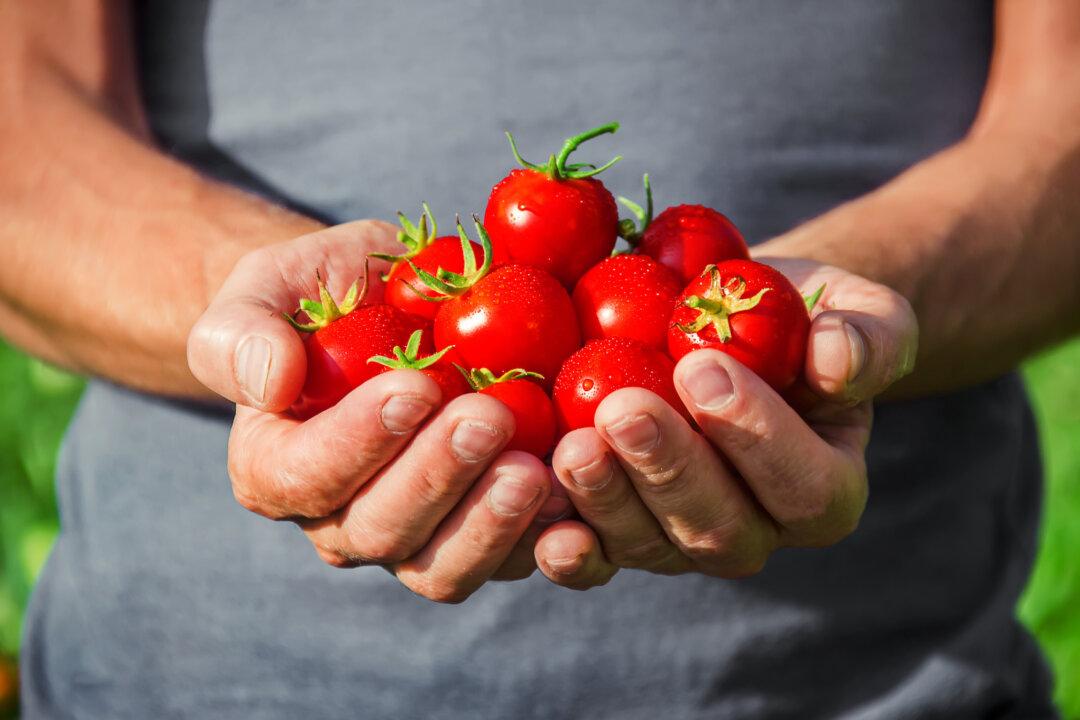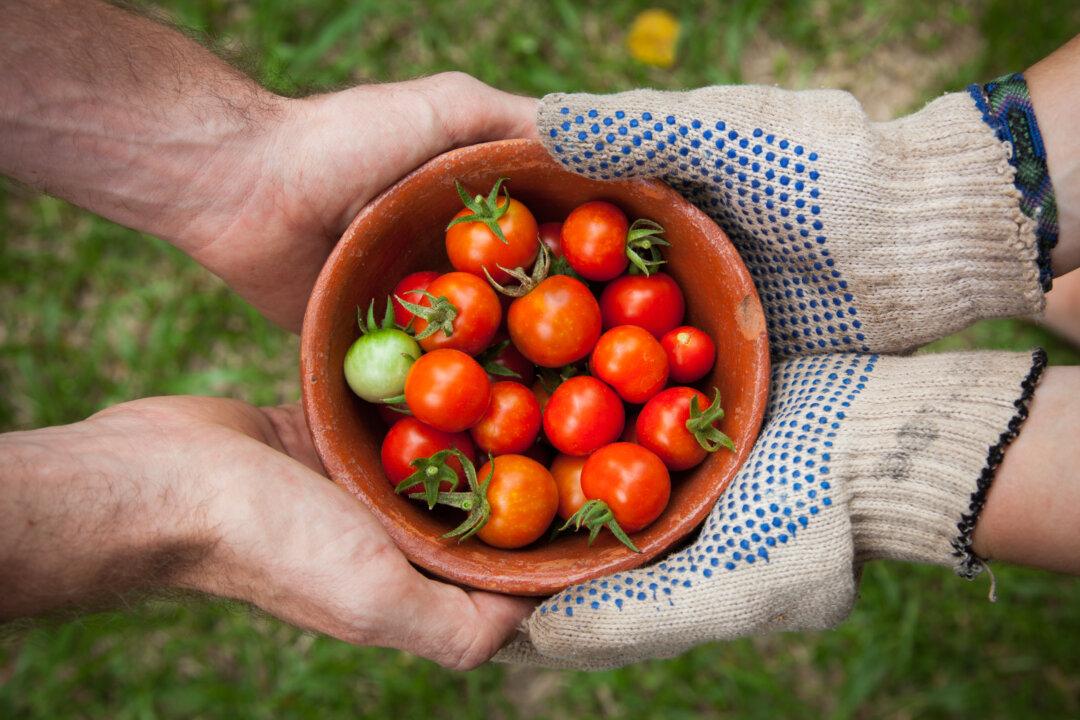Prostate problems have become one of the biggest health issues for men today. Lifestyle and poor diet are known risk factors for developing prostate problems. For those who think prostate issues are far away, know that how we treat our bodies when we are younger can greatly impact us in later years. All men are susceptible. Remember that “An ounce of prevention is worth a pound of cure”!
So Why All the Fuss About the Prostate Anyway?
A part of the male reproductive system, the prostate is a walnut shaped gland closely linked to the urinary system. The prostate surrounds the urethra, which is a tube that transports urine and semen. It plays a role in making and filtering semen to ensure healthy offspring. The prostate gradually grows larger as a man ages. Excessive enlargement can cause a variety of medical conditions and highly unpleasant symptoms. These include urinary problems, pain and sexual dysfunction.Prostatitis (the most common prostate problem for men under 50) is the swelling of the prostate gland caused by infection. An estimated 30-50 percent of males are affected by this.


